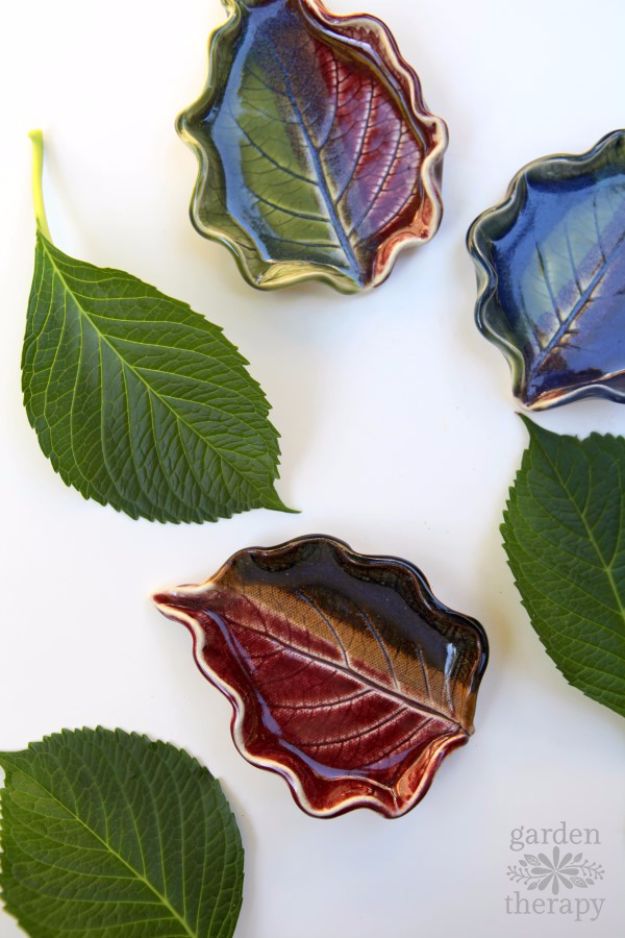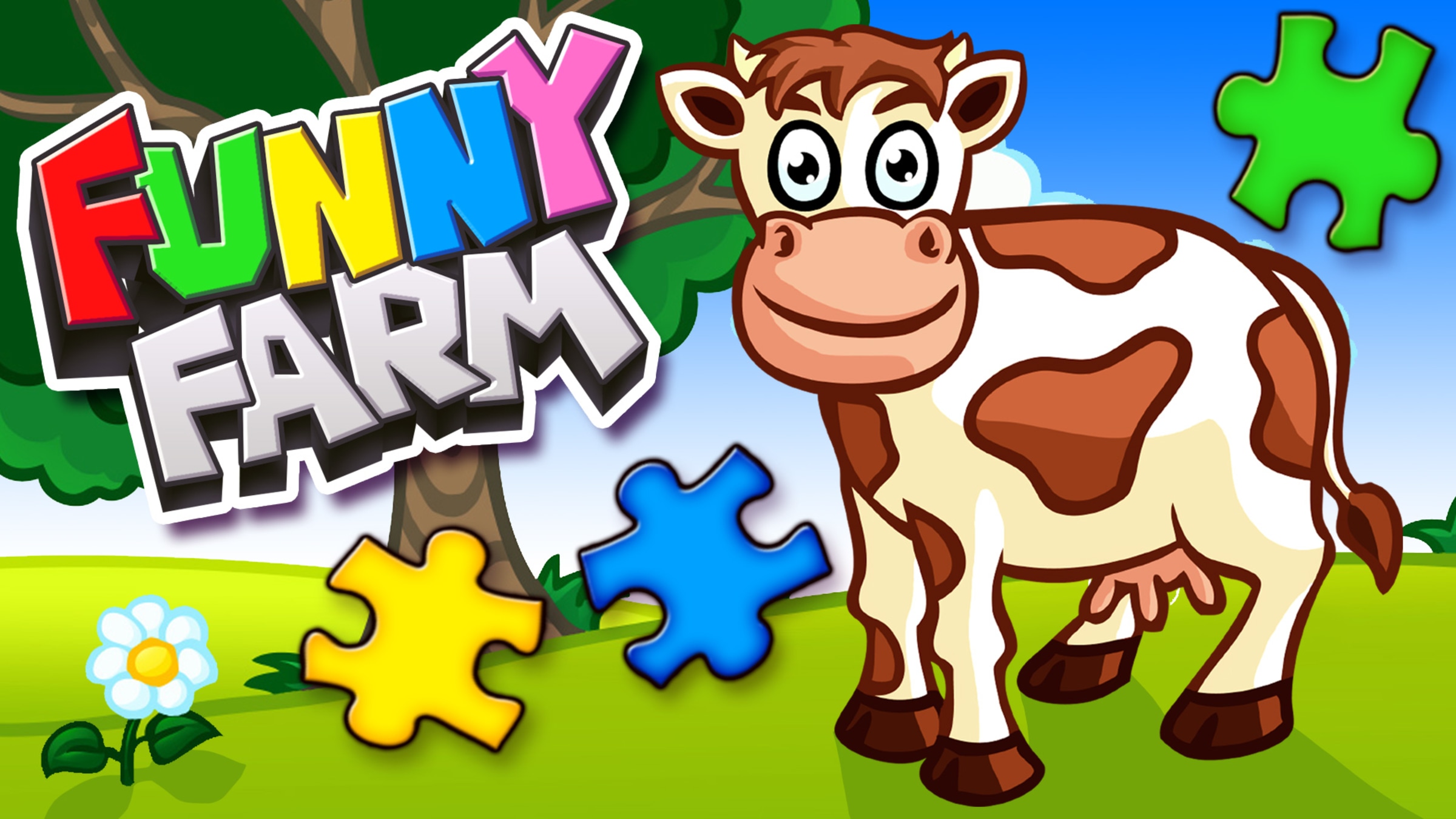
Art quilt enthusiasts have many options for expression in the quilting industry. This show showcases innovative techniques to create art-quilting, such as hand-painting using silk screening paints, fabric bling and stencils. It also explores design and art ideas for quilts. Each episode features a short feature on a theme or concept, as well as digital segments. These short segments demonstrate different techniques, including frameless screen printing and fabric marbling with stencils.
Art quilts
Art quilts use textiles to express your creativity. Although not considered fine art, quilts can be a very exciting form of textile art. Quilts can be made up of many layers or can include a variety of processes. They can be made from photographs, or they may include applique, lace or other complex cloth processing.

Studio Art Quilt Associates
Studio Art Quilt Associates, an independent advocacy group for quilts, is a major player. It is based out of Hebron in Connecticut.
Studio Art Quilt Association
The Studio Art Quilt Association (SAQA) is the leading non-profit advocacy group for art quilts. The group is based at Hebron in Connecticut and is dedicated towards preserving art quilts.
Art quilt techniques
Art quilts can be made using many different techniques. Many artists use traditional techniques to quilt, while others use modern methods that tell a story. There are no right or wrong ways to create abstract art. The lack of structure is often the most difficult aspect of abstract art creation. This is a skill that requires patience and practice. It can also be intimidating for some.
Inspiration for art quilts
Art quilts often feature images from nature. Most artists develop their inspiration from observation and have a keen eye for details. The shapes and patterns found in gardens, cities and unusual motifs can be a source of inspiration for artists. Jane LaFazio, for example, is a fiber artist. She uses sketching and painting to improve her observational skills. She also has an eye for combining textures, especially in mixed-media quilts.

The Best of Quilting Arts
The Best of Quilting Arts is a compilation of the most inspirational articles from 10 years of Quilting Arts magazine, published by Interweave Press. These articles provide inspiration and techniques for making art quilts. You will also find illustrated instructions and guest artists in the collection.
FAQ
What are your educational hobbies and interests?
An educational hobby is a activity that allows you to learn by doing it. It could be anything, from playing sports to learning how an instrument is played.
You should have fun with it. You don't necessarily have to do this all the time. But if it becomes boring, then think about what you could be doing.
These activities can also be costly so make sure you don't spend too much.
What are collection hobbies?
The most popular collections are books, movies, music, comics, video games, sports equipment, toys, etc.
You can also find stamps, coins, cars and dolls as well model kits and figurines.
You get it?
Is it possible make a living from a hobby?
Not necessarily.
However, if you're interested in creating a business based on your hobby, then you could definitely end up being wealthy.
For example, let's say you're a fan of cooking. You love healthy food, so it was a natural decision to open your own restaurant.
You only offer organic meals from scratch. Customers pay a small charge to cover the cost of ingredients and labor.
You can grow your clientele over time and eventually hire employees who will work alongside you.
You may eventually add vegan dishes and gluten-free options to your menu.
In this situation, you have a successful business which has allowed you the freedom to lead the lifestyle that you want.
This doesn't mean that you have to give up your job.
Instead, you could simply run your restaurant while still holding down your regular 9-5 position.
Where can you find free resources that teach more about hobbies and interests?
There are tons of websites devoted to helping people discover new hobbies.
Here are some of our favorites:
www.trythisathome.com - This site provides a list of over 100 different hobbies. This site also contains information on how you can get started with each of them.
www.hobbyfinders.org offers a huge database with thousands of activities. You can search for your interests, skills, location, and many other criteria.
www.indiebazaar.co.uk - IndieBazaar is an online marketplace designed specifically for independent artists and musicians. The site features hundreds of products ranging from artwork to music gear.
www.pinterest.com/explore/hobbies - Pinterest is a social media network that lets users "pin" images they find interesting onto their boards. Users can create boards to group things that they like into certain categories.
www.reddit.com/r/Hobbies Reddit allows users to share links to articles, videos and other content on their social media platforms. Voting is available for users to choose the most valuable posts.
What are observation hobbies?
Observation hobbies involve watching people do the things they love. It could be reading, watching sports or going on holiday. It could also involve observing others.
Observation hobbies can be very beneficial because they allow you to learn how creative thinking works. You can draw on this knowledge later, when you work on projects for others.
You will discover that learning is easier when you are interested.
For example, if you want to know more about football, you may watch a game or read a book about it. You could visit or take part in exhibitions if you are interested in learning more about photography.
If you like to play music, you can either learn the songs online or get a guitar.
If you love cooking, you can either cook your meals at home or order from a local restaurant.
You could also grow flowers or vegetables if you enjoy gardening.
You could take a class or go out dancing with your friends if you enjoy dancing.
You can paint pictures if your passion is painting.
If you like writing, you could write stories or poems.
Drawing pictures is a great hobby.
If you are passionate about animals, you can look after them or work at the zoo.
If you like science, you could study biology, chemistry, physics or maths.
History is something you might enjoy if you read books, watch movies, or listen to podcasts.
If you enjoy traveling, you can travel around the world or just explore your own area.
Statistics
- This 100% accurate personality-analyzing hobby quiz discovers your passion based on your characteristics. (quizexpo.com)
- The Role of the Mind in Sex, Dating, and Love: Men in the “humor” condition received phone numbers from 42.9% of the female participants and were refused 57.1% of the time. (time.com)
- Almost 80% of people claim to have no hobby. (hobbylark.com)
- A new survey by Pew Research Center of teens ages 13 to 17 finds that 36% of girls feel tense or nervous about their day every day; 23% of boys say the same. (pewresearch.org)
- 37% Video Games 36% Travel 36% Health and Fitness (quizexpo.com)
External Links
How To
How to learn a music instrument
If you want to learn how to play music, there are many ways to do so. You could attend a school, read a book, get lessons from someone who plays a musical instrument, or look at videos online. These are just a few tips and tricks to help you get started if you're determined to make your own path.
-
Find something that interests or appeals to you. If you don’t enjoy any of the instruments that you see, you might consider trying another one. If you don’t enjoy playing an instrument it will be hard for you to get into it.
-
Be patient. It takes time to learn something new. You don't have to learn everything in one go. Keep practicing each day.
-
Regular practice is important. Even if you feel tired, keep practicing. This will ensure that your memory doesn't fade.
-
Choose a good place to practice. The ideal place to practice is one that is quiet and won't be disturbed by anyone else. It is important to keep the room clear of distractions. Avoid loud music, for example.
-
Have fun. Music is meant to be enjoyed. You should have fun practicing music. It will make you more motivated to keep going.
-
Set goals. If you set goals, then you will know exactly how you want to get there. Therefore, you will have no excuse for failing.
-
Keep track and keep track of your progress. List all of your successes as well as your failures. Doing so will help you improve over time.
-
Take breaks. Sometimes, all you need is to take a moment to think. You will be able to take breaks and think about the things you are doing.
-
Ask questions. Ask others if there are any doubts or questions regarding the instrument. They may be willing to help.
-
Listening is the best way of learning. Many musicians love to listen to and imitate songs. This helps musicians understand the fundamental concepts of the song.
-
Read books. Read books to learn more than just watching videos or learning from classes. Books contain information you will not find anywhere else.
-
Join a band. Playing with others forces you to practice more. Plus, you'll meet people with the same interests as you.
-
Take a look at tutorials. Tutorials are videos that provide detailed explanations of various topics. These tutorials usually concentrate on one particular aspect of an instrument. Tutorials can help you understand complex parts of your instrument.
-
You can try different methods. Some people prefer to learn through lectures. Others prefer to read. You can experiment until you discover what works for you.
-
Practice makes perfect. You don't become an expert overnight. You must work hard to become proficient enough to do well.
-
Get along with other musicians. Listening and learning from others can help you to learn faster.